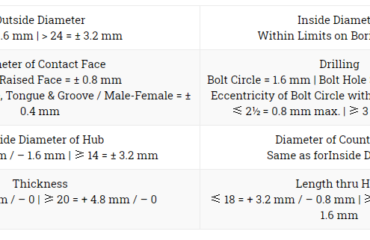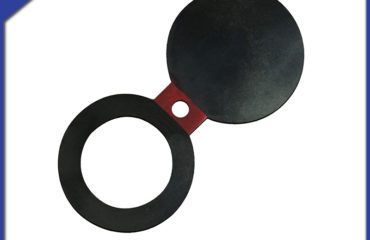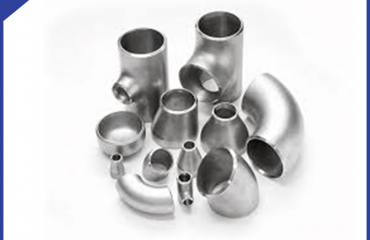
As a material commonly used in pipelines, stainless steel flanges offer high durability and resistance to corrosion. However, it is essential to maintain them properly to ensure longer durability and avoid costly replacement or repairs. Here are some tips on how to maintain your stainless steel flanges.
- Regular Cleaning
Maintaining clean stainless steel flanges is crucial to prevent corrosion and other potential damage. Cleaning them regularly with warm water and neutral detergent can help remove dirt, debris, and other types of residue that can damage the surface. It is important to avoid using abrasive cleaners or tools, as they can scratch the surface of the flanges, creating entry points for corrosion.
- Inspect for Damage
Another aspect of maintaining stainless steel flanges is regular inspection for any signs of damage. Checking the flanges consistently can help to detect any possible issues, such as cracks or leaks, before they escalate, which ultimately requires more significant repairs or replacements. Early detection of any structural issues can save time and money.
- Lubrication
Proper lubrication is essential to prevent wear and tear in stainless steel flanges. Specialized lubricants assist in reducing the likelihood of galling, which can cause damage to the surface of the flanges during installation or when tightening. Lubricants also assist in reducing friction, extending the life of the flanges, and lowering maintenance costs.
- Tightening Bolted Connections
Regular checking and tightening of bolted connection points of the stainless steel flanges reduces the risk of leaks. Over time, Flange bolts may loosen due to changes in operating conditions, vibration, or thermal cycling, which can cause cracks and leaks. Too little torque could lead to leakages, and too much torque could cause damage to the flange or bolts. Therefore, it is essential to determine the correct torque levels and retighten bolts periodically.
- Protection Against Corrosion
Stainless steel flanges resist corrosion to a considerable degree. However, it is essential to prevent conditions that may enhance the corrosion process, such as high humidity, salt exposure, or contact with other types of metal. One way to prevent corrosion damage is to apply appropriate coatings to the surface of the flanges, such as grease, oil, or other types of anti-corrosion coatings.
Conclusion
Maintaining stainless steel flanges is crucial, ensuring their maximum durability and avoiding costly repairs or replacements in the future. Regular cleaning, inspection, and lubrication can help extend their life. Moreover, it’s essential to ensure bolts tightness and applying appropriate protective measures against corrosion. By following these tips, you can maintain effective and efficient stainless steel flanges.
 Language
Language Espanol
Espanol English
English Italian
Italian عربى
عربى
 Skype: chinamaker99
Skype: chinamaker99  Tel: 86-316-5120812
Tel: 86-316-5120812 Email:
Email:  Whatsapp:
Whatsapp: 

